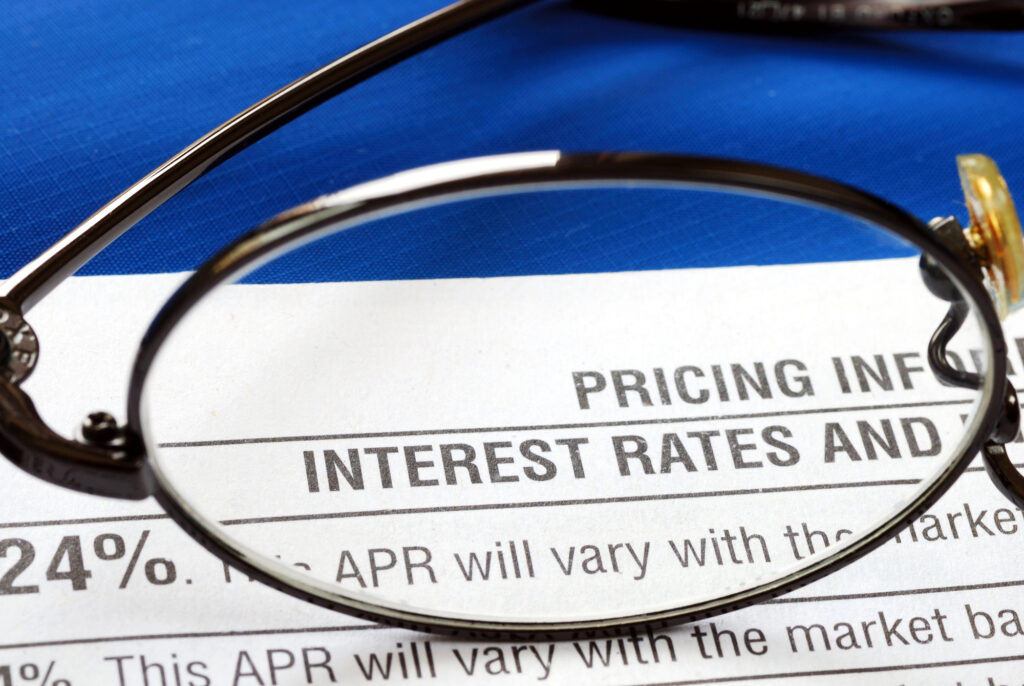
In recent years, consumers have witnessed a significant spike in the Annual Percentage Rates (APR) on credit cards, as highlighted by data released by the Consumer Financial Protection Bureau (CFPB). This trend is not only reshaping the landscape of consumer finance but also altering the way individuals manage their debt. This article looks at the causes behind the increase in credit card APRs and explores its varied impacts on consumers, offering strategies to mitigate these effects.
Contents
What’s Behind the APR Increases on Credit Cards?
The rise in credit card APRs can be attributed to several factors. Primarily, the fluctuations are tied to the Federal Reserve’s interest rate adjustments. When the Fed increases its rates, credit card issuers typically raise APRs in response. Additionally, economic uncertainty, such as that caused by inflation or geopolitical tensions, can lead banks to hike rates to mitigate risk. Credit card companies also adjust APRs based on their assessment of the market competition and profitability scenarios.
Impact on Consumers with a Good Credit Score
For consumers possessing a good credit score, an increase in APR might be less pronounced thanks to their favorable lending terms. However, even these consumers are not immune to the effects of rising rates. Individuals with good credit may see a moderate increase in their finance charges, particularly if they maintain balances on their accounts. The increased APR can lead to higher monthly interest charges, thereby making it costlier to carry and pay off existing balances.
Impact on Consumers with a Bad Credit Score
The consequences for those with poor credit scores are more severe. These consumers already face higher APRs due to perceived risk, and with further increases, their financial burden can become substantially heavier. Higher APRs exacerbate the challenges for these consumers, increasing the cost of debt and making it more difficult to achieve financial stability.
Effects on Consumers Who Carry a Balance
Consumers who carry a balance are directly impacted by APR increases. Higher interest rates mean that more of their monthly payment goes towards interest rather than principal, slowing down the rate at which the overall balance is reduced. This can prolong the debt cycle and increase the total amount of interest paid over the life of the debt.
Impact on Consumers Making Only Minimum Payments
For consumers who make only the minimum payments on their credit cards, the impact of rising APRs can be particularly harsh. Minimum payments are often calculated as a small percentage of the total balance plus interest charges. With higher APRs, the interest portion of the payment increases, which means even less of the payment goes toward reducing the principal. This leads to a longer payoff period and significantly more interest paid over time.
Ways to Avoid Paying Credit Card Interest
Avoiding credit card interest is key to maintaining financial health. Here are some strategies to consider:
- Pay off balances each month: To avoid interest, aim to pay your statement balance in full by the due date each month.
- Consider balance transfers: Transferring high-interest balances to a card with a 0% introductory APR offer can provide relief, but be mindful of transfer fees and the regular APR after the promotion ends.
- Use low-interest cards: Opt for credit cards that offer lower interest rates. Some cards are specifically designed to have lower APRs.
- Budget and plan: Effective budgeting can help prevent carrying a balance in the first place, reducing the chance of accruing interest.
- Negotiate with issuers: Sometimes, especially for consumers with good repayment histories, it’s possible to negotiate a lower APR with your credit card issuer.
Conclusion
In conclusion, while rising credit card APRs pose challenges, understanding these impacts and employing strategies to manage them can help consumers navigate this tricky terrain. As the landscape of credit continues to evolve, staying informed and proactive in managing debt is more important than ever.




